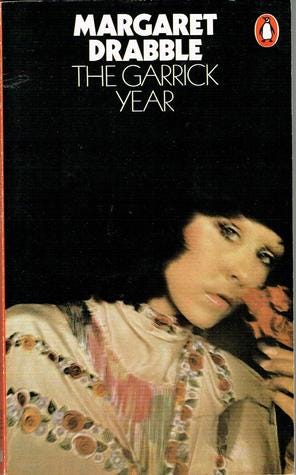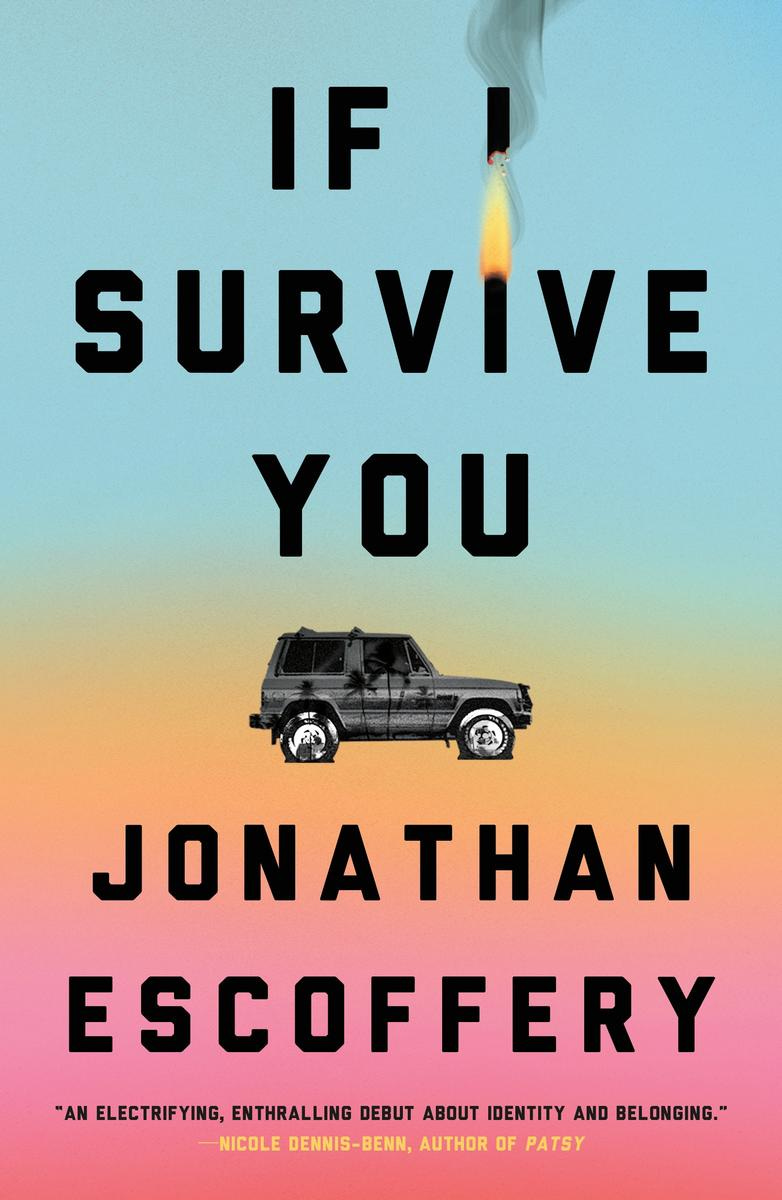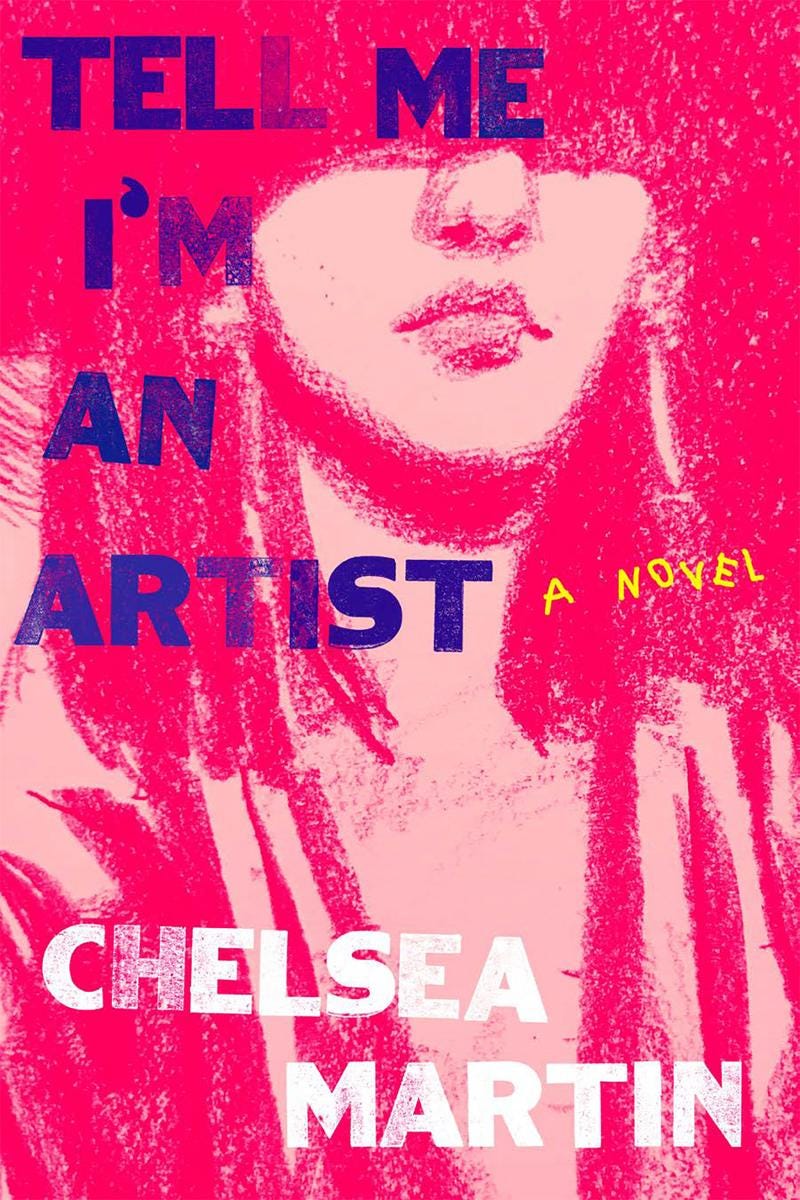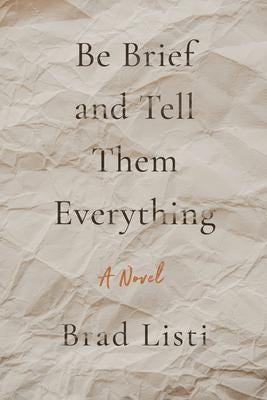My grandmother is 101. There are many things that change with the attainment of such an impressive age, and one of them is what you talk about at the dinner table. She was never really one to reminisce, and she still doesn’t, you know, conversationally wallow in the past or anything. But, there are these moments that spring up, and she’ll recall the people and places now nestled deep within her, pulling out stories and offering them up, a gift to those lucky enough to be around her.
The other night I had dinner with her; she sat at the head of the table, a spot she’s occupied for 34 years, since my grandfather died, and the stories started flowing. She talked about a trip they’d taken to Normandy in the ’80s, when they’d stayed in a hotel where they’d congratulated themselves on the good deal they’d finagled, only to realize their room’s window faced a busy road; the trucks rumbling by made it impossible to sleep. “I spent the night in the bathtub!” she laughed. I laughed, too.
She went back further, remembering a hot summer spent in Fort Pierce, Florida, where my grandfather was going through basic training before being shipped overseas, first to England, then into Europe. She said that was when she learned what the word “redacted” meant, because so many of the letters he sent her contained heavy black bars over his words. She told the story of my grandfather being asked, while crouching in a foxhole, waiting for German bombers to pass overheard, if he were married. When he told his foxhole companion that he was, another question followed: “Then where’s your ring?” There wasn’t one, but his new friend had a coin, and pounded away at it until it formed a circle. My grandfather kept the ring with him throughout the war, bringing it home; years later, he gave it to my father. I remember seeing it when I was younger. At least I think I do. I don’t know where it is now, other than in the story about it.
A wise man (guy?) and sometimes poet once said, “‘remember when’ is the lowest form of conversation,” and maybe that’s true (maybe especially for tales of war and love! and maybe especially when they’re second-hand stories from a grandmother!), but then also, there are those times that “remember when” is the highest form of storytelling, or at least feels like it’s the one that matters most, maybe the only one that exists at all. Or, as another wise guy, Louise Glück, wrote: “We look at the world once, in childhood/ The rest is memory.” And so why not think of it as an imperative to unpack these memories with others? Not in an effort to live in the past, but as a reminder that there is nothing but the past. We might as well be artful in the retelling of it.
The following books do just that. They are all novels (not memoirs!) that share a similar quality, as if their authors used events from their own lives as a prism of sorts, a way of refracting their most defining experiences — an ill-conceived affair, a long-overdue breakup, art school — into something more universal, something in which we can share, and carry with us in turn, always. And then maybe give the gift of them to someone else.
First Love, Gwendoline Riley (available here)
Nostalgia often exists in direct relation to an increasing inability to enjoy your present circumstances. So it’s little wonder that First Love’s Neve is lost in a swirl of memories of past relationships (both familial and romantic, all with their own specific, pointy problems), since she finds it harder and harder to ignore the exquisite agony of her marriage to Edwyn, a depraved and abusive older man, who weaponizes the pet names they use for each other and shames Neve for every single one of her imperfections. Reading this might sound like an exercise in misery, but far from it! It’s hilarious and illuminating. Gwendoline Riley so perfectly captures the stultifying repetitiveness of inhabiting a bad relationship, the way in which it becomes eerily possible to lose track of yourself within the fog of fights, even as you know it’s still you in there, somewhere: “This wasn’t how I spoke. (Except it was.) This wasn’t me, this crawling, cautious creature. (Except it was.)” First Love is a startlingly intimate book — disquieting, hilarious, and clear-eyed about all the things we think we’d rather not see or know about other people, let alone about ourselves. With poetic precision, Riley provokes uncomfortable questions in her readers; questions about what we owe the people to whom we are tied by blood or by choice, questions about what we owe ourselves. “Was this what life was like, really, and everyone knew it but me?” Neve wonders. Which, same, sometimes.
The Garrick Year, Margaret Drabble (available here)
Emma Evans is unhappy! Why wouldn’t she be? Her husband, an annoyingly handsome Welshman named David, has dragged her out of London and into the English hinterlands so that he can perform in a theatrical festival and she can… what, exactly? Not work. That became impossible for the sometimes-model and aspiring newsreader the moment she left the city. Care for their two young children? At times, yes, but Emma and David have an au pair for that. No, all Emma — whose restless mind needs something to which it can attach itself, since David is rarely around — can do is start a glacially moving affair with the festival’s director, the well-named Wyndham Farrar. For a novel that centers around a clandestine romance (or two), The Garrick Year is emphatically cerebral; or, as Roger Angell noted about the book, “On the plus side, nobody says, ‘I love you.’” What this means is that it’s Emma’s withering thoughts about other people (and herself) that are arousing and worth savoring in all their assiduous glory. “It is frightening how little I can bear any slipping off of my own perfection,” Emma thinks, at one point; Margaret Drabble doesn’t need to worry about that at all. This book is perfect, through and through — not a sentimental bone in its body.
If I Survive You, Jonathan Escoffery (available here)
It’s hard to know what to pay attention to first in the aftermath of a storm — the destruction all around you, the pain you’re feeling, the pain of others, the way the sky can be so calm mere moments after its anger appeared endless. It’s disorienting, survival, and its demands can sometimes feel more oppressive than the alternative. But, surviving is something that Trelawny chooses to do over and over again, even as he is rejected by the people he loves and the places he thought were home. Born in the United States to Jamaican immigrant parents, Topper and Sanya, Trelawny grows up with his brother, Delano, in southern Florida, never sure where he belongs — including within his family. In the connected stories that make up If I Survive You, Jonathan Escoffery brings the lives of his characters into sharp relief; their hunger, their shame, their exhilaration, their exhaustion — all of it is palpable. Every story reveals a different type of struggle, a different opportunity to escape, a different method of being trapped; there’s a darkly humid Elmore Leonard-esque encounter with a father who operates a boat that does more than just trap lobsters, a high-stakes rescue of an impounded pickup truck, and a night spent atop a towering Miami condo, courtesy of a couple who are just looking to, you know, have a little fun. As anyone who’s been through a storm knows, surviving is mostly a matter of luck, of being in the right place at the right time, and of making the type of split second decision that’s the difference between keeping your head above water or drowning. Not all of Escoffery’s characters survive. The ones that do? They’d tell you that survival isn’t the end point, it’s just the beginning. There’s nothing overly tender in Escoffery’s look at what it takes to make it through catastrophe, but there’s boundless compassion, humor, and grace for those people who have made survival into something that’s not just a struggle, but a celebration — all told in Escoffery’s singular, expansive voice.
Tell Me I’m an Artist, Chelsea Martin (available here)
One of the reasons why college is such an appealing setting for a novel is because it allows writers to have an excuse to put together the type of eclectic cast of characters who might never otherwise run into each other in, you know, the real world. But if a typical university campus is an inherently bizarre four-year social experiment, then an art school is an infinitely more fertile setting for strange encounters, and it is at an art school — in San Francisco, no less — that we find Joey, who is now living and studying just a couple hours from where she grew up, and yet, somehow, is also inhabiting an entirely different world. Chelsea Martin is one of the funniest writers working today (her book Caca Dolce is another must-read), and I found myself speaking line after line of this book out loud, wanting to share in the joy of such cunning bits as, “Just because I didn’t know what something was didn’t mean I couldn’t have an opinion about it.” Even the framing device of this book — a film class project wherein Joey, who has never seen Rushmore, will be remaking the Wes Anderson movie intuitively, based on the recollections of it by other people; she will also be playing all the parts — is a delight to explain to other people. But the real pleasures of this book, the real way it wiggles its way inside you, is through Martin’s exploration about what it means to be lucky, what it means to think you deserve something — whether that thing is financial stability, a supportive family, a spot at an elite school, the ability to call yourself an artist — or to know, in your bones, that you don’t. The constant precarity that Joey feels, and that Martin captures so acutely, is a familiar burden for anyone who has never had a safety net; Joey knows that her whole reality could disappear in a second, and so she acts accordingly — detached and scared and unsure if her disappearance would even be understood by those around her. “Nobody mentioned the tension,” Joey thinks, “how cruel and insane it was that people having such wildly different experiences of the world would have to sit together in a room and pretend that there was no overlap, that one kind of life could exist without the other.” Martin is brilliant at presenting the absurdities of life in a deadpan, but always compassionate (and always hilarious) way. This is a book for everyone who can never quite tell whether everything matters or nothing matters, and wants to feel less alone as they figure out how to create meaning for themselves.
Be Brief and Tell Them Everything, Brad Listi (available here)
In Brad Listi’s novel, Brad Listi is writing — or trying to write — a novel. He is also: reflecting on the potentially imminent destruction of the Pacific coast of North America by an asteroid named after the Egyptian god of death, imagining what life would be like if he won the lottery, assessing the ongoing effect that the death by suicide of his close friend from college has had on him, interrogating all the different ways he feels about his son’s congenital disabilities, and doing mushrooms alone in his garage. Both sprawling and specific, Be Brief and Tell Them Everything confronts head-on the kind of dark questions that keep so many of us awake at night, as we struggle to accept all the things we can’t control. Listi is a masterful storyteller, his facility with words (including when referencing social media dad jokes, like a tweet that consists entirely of the words “Abraham LinkedIn”) and willingness to expose the twisting, twisted journeys he goes on in his head work in tandem with the more visceral qualities of this book; he doesn’t shy away from describing the quiet horrors of his wife’s multiple pregnancy losses or what it means to be “wounded from birth.” What emerges, then, is a story with a shape that shifts and bends, accommodating all the disparate realities that exist within one person’s life. What Listi makes clear is that it is only in the telling of these stories that we can begin to release ourselves from their weight, and find meaning amid all the chaos. (Although, mushrooms also help!)
But also…
“She has insecurity about what she should be doing; and what she is battling is humiliation over this dirty secret of how much she is holding on to the past.” I spoke with Sloane Crosley a few months back about her latest novel, the wonderful Cult Classic, a book which refuses to condemn nostalgia or fetishize closure, explores what it means to be “New York young,” and will make you think twice about hammocks. (Literary Hub)
“I would save the world by writing literary essays.” Reading Leslie Jamison’s meditations on daydreams feels as good as it does to drift off into the innermost corners of your mind, that place of quiet derangement where you have permission to be as indulgent as you want. The best! (Astra Magazine)
“Still, he understood that American life is unbounded promise and hypocrisy, faith and greed, new spectrums of joy and self-doubt, freedom enabled by enslavement. All of these things at once.” Hua Hsu’s essay “My Dad and Kurt Cobtain” (drawn from his recently released memoir, Stay True) is a moving tribute to his parents, and a reminder of all the different methods we have of expressing how much love we hold for each other — including via fax, while debating the relative merits of Axl Rose and Anthony Kiedis. (The New Yorker)
I’ve been really into trinket dishes lately, because I love to compartmentalize. It’s healthy, I think. If you’re looking to do the same, here are some links to a few teeny, tiny little bowls that I really like and that can hold all your favorite small and lovely things and make you feel organized, or something. (Etsy, Coming Soon, East Fork Pottery)
And, finally, it’s been way too long since I’ve sent one of these, and so I’m going to try and do something different and put something shorter out every week, and see how that goes. I hope it goes well!








